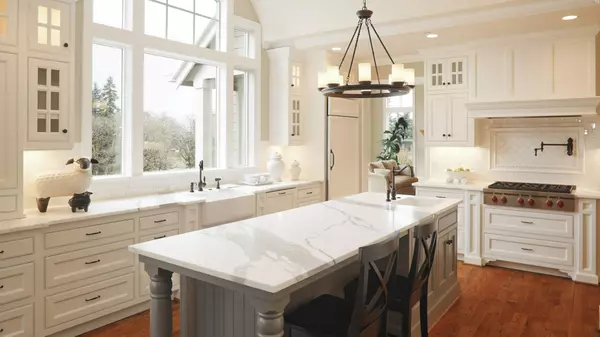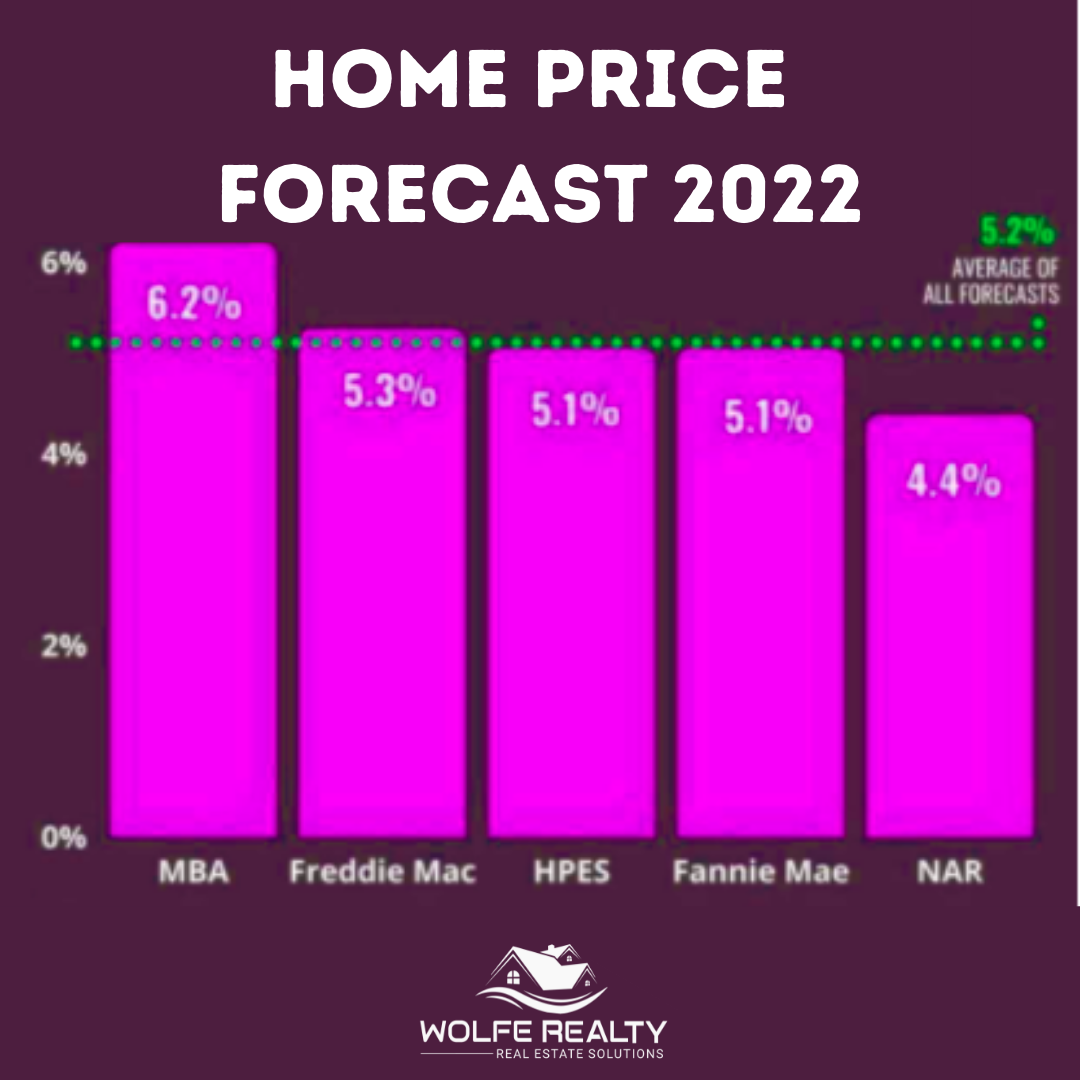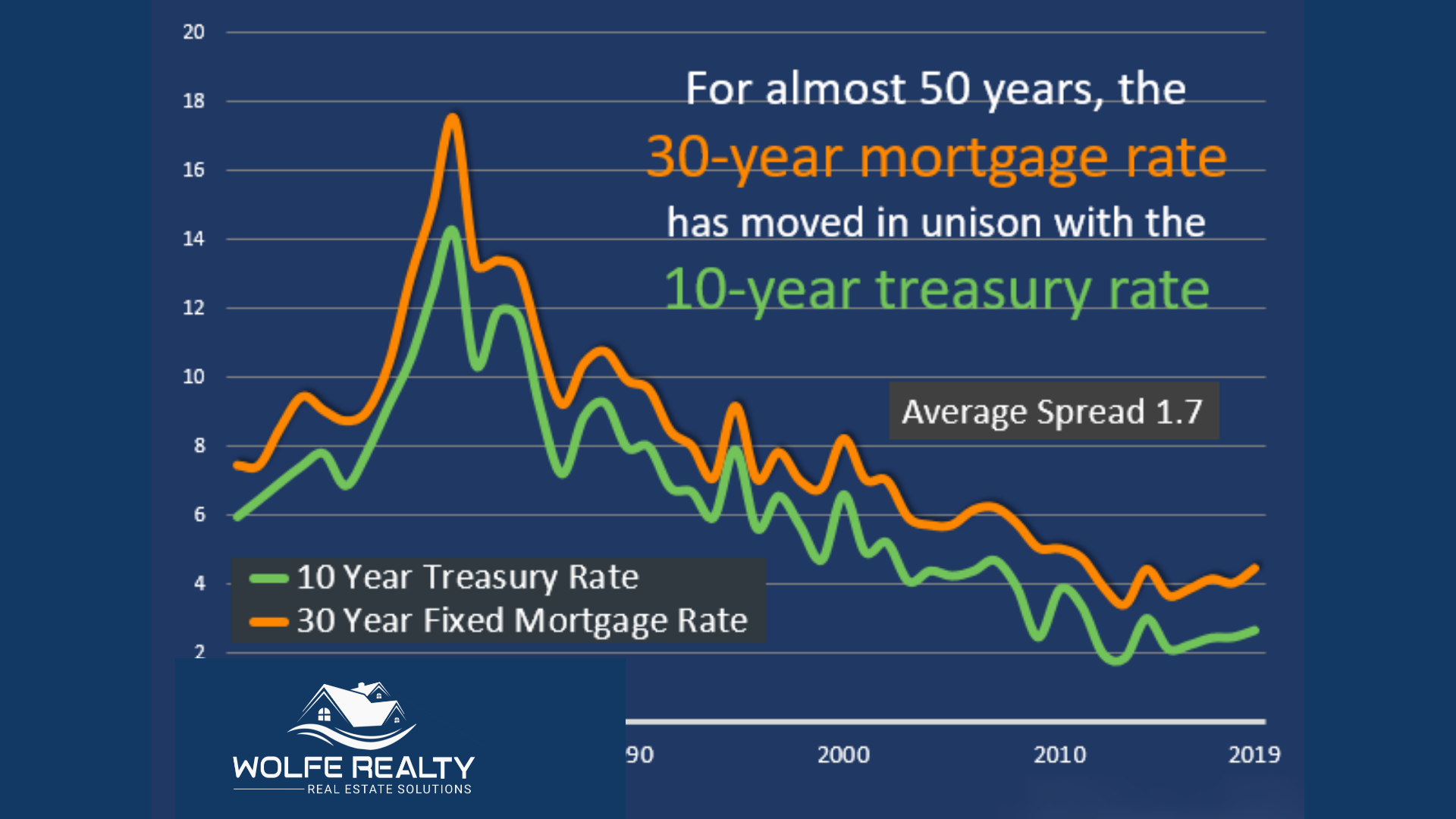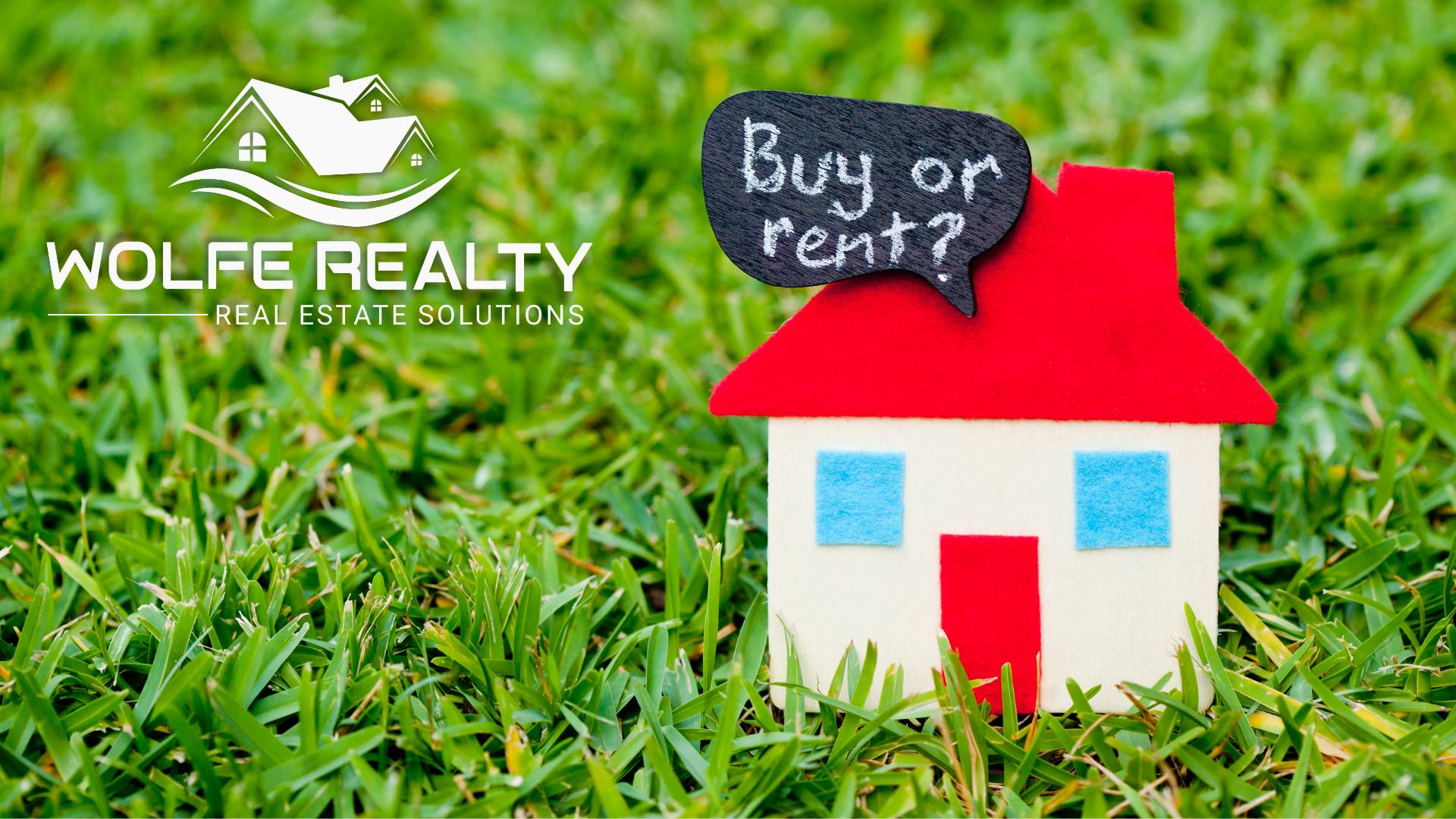EXPLORE MISSOURI LISTINGS
$599,900
Single Family Home
45 Stone Ridge CT, Strafford, MO 65757
OPEN HOUSE SUNDAY JANUARY 11th from 2:00 - 4:00 p.m.This is an amazing home in Strafford!! Home sits on over 3.5 acres w...
Listed by Linda Kensinger of AMAX Real Estate
$575,000
Single Family Home
4909 S Old Oak WAY, Springfield, MO 65810
Located in the highly sought after Kickapoo School District, this stunning all brick home offers a refined blend of luxu...
Listed by Adam Graddy of Keller Williams
$475,000
Single Family Home
840 E Gaslight DR, Springfield, MO 65810
Location, Location, Location!Welcome to Greystone at Cherokee Hills, nestled in the heart of the highly sought-after Kic...
Listed by Michelle Cantrell of Cantrell Real Estate
$372,000
Single Family Home
4031 W Leisa ST, Springfield, MO 65807
Immaculate 4-bedroom, 2-bath home with a 3-car garage situated on a desirable corner lot in southwest Springfield. This ...
Listed by Mason Kesterson of Alpha Realty MO, LLC
$295,000
Single Family Home
1124 N Bluegill ST, Nixa, MO 65714
Welcome to 1124 N. Bluegill Street in the Copper Leaf subdivision of Nixa, MO. This attractive all-brick, 3-bedroom, 2-b...
Listed by Heintz & Nunn Group of Murney Associates - Primrose
$285,000
Single Family Home
623 W Maplewood ST, Springfield, MO 65807
Welcome to this beautifully maintained all-brick home in desirable Park Crest, offering nearly 2,000 square feet of comf...
Listed by Aaron R Wilken of ReeceNichols - Springfield
- Ashland
- Auxvasse
- Belleville
- Boone County
- Callaway County
- Cape Girardeau
- Centralia
- Chesterfield
- Columbia
- Eldon
- Eugene
- Festus
- Florissant
- Fulton
- Holts Summit
- Jefferson City
- Kansas City
- Kingdom City
- Linn
- Mexico
- Mokane
- New Bloomfield
- Springfield
- St Charles
- St Louis
- St Peters
- Williamsburg
- Wentzville
- Ste. Genevieve
- Perryville
















Angela C.